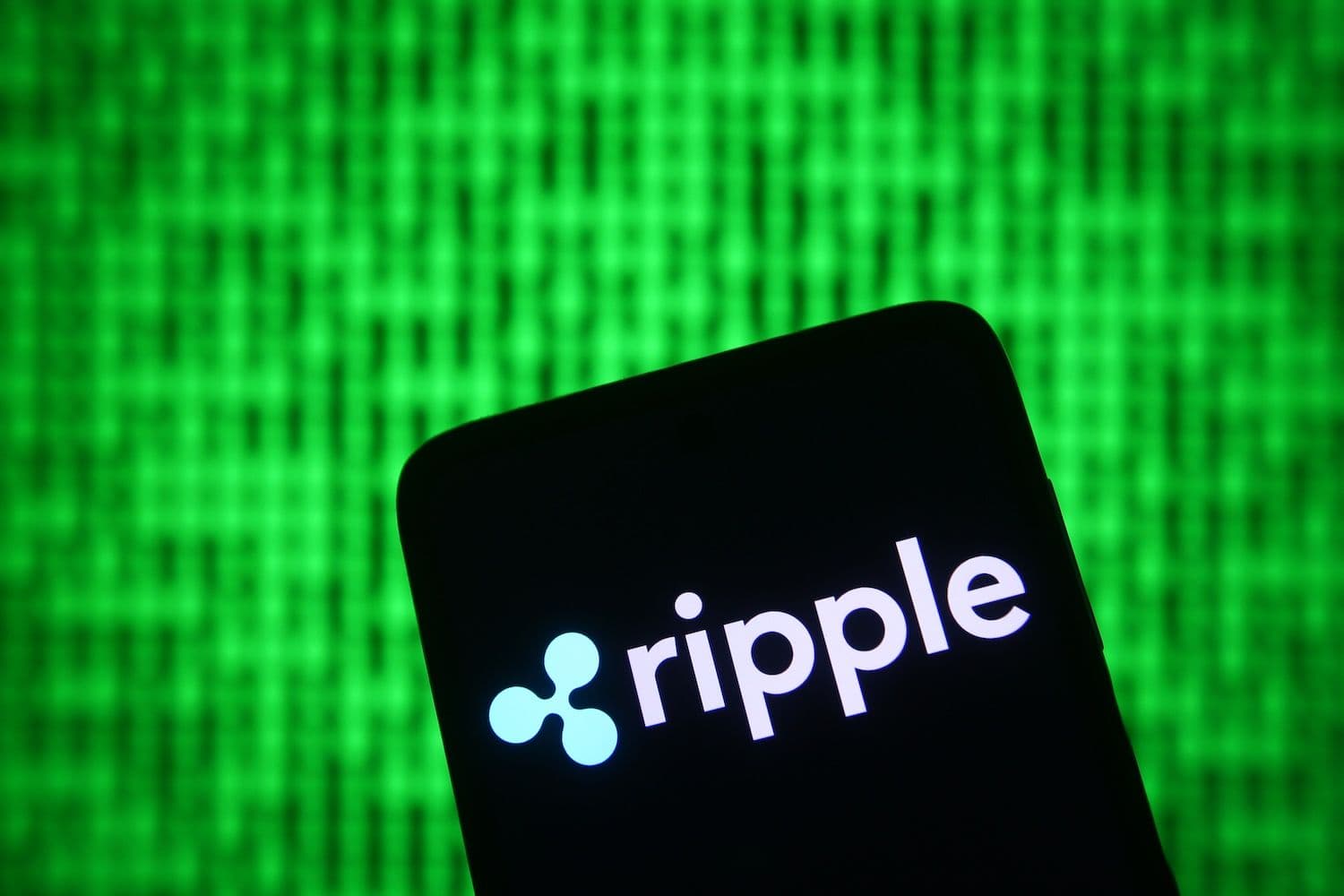Ripple Labs has applied for a national banking charter in the United States, seeking to bring its RLUSD stablecoin under direct federal oversight through the Office of the Comptroller of the Currency. The move would allow the blockchain payments company to hold RLUSD reserves directly with the Federal Reserve, potentially giving it a competitive edge in the $150 billion stablecoin market currently dominated by Tether's USDT and Circle's USDC.
What to Know:
- Ripple's banking charter application aims to move RLUSD reserves from commercial banks to the Federal Reserve for enhanced oversight
- The company joins Circle in pursuing federal banking licenses as stablecoin regulations tighten across the industry
- RLUSD currently maintains a $470 million market cap since launching in late 2024, positioning it as a growing challenger to established stablecoins
Strategic Move Into Traditional Finance
CEO Brad Garlinghouse confirmed the application publicly, emphasizing that RLUSD already operates under New York's financial regulators. The national charter would expand regulatory coverage beyond state-level approval to include federal credibility through the OCC. This represents a calculated strategy to position RLUSD as a serious competitor in institutional markets.
The banking license would enable Ripple to cut out third-party banks entirely. Direct Federal Reserve access means faster settlement times and improved transparency for RLUSD transactions.
Weekend and overnight operations would continue seamlessly, unlike traditional banking systems that shut down during off-hours.
Ripple plans to use its subsidiary, Standard Custody & Trust Company, for the Fed master account application. Moving reserves from commercial banks to the central bank offers stronger protection and oversight. For a stablecoin competing against established players like USDC and Tether, this regulatory foundation could prove decisive.
The timing aligns with broader industry consolidation around compliance. Earlier this week, Circle filed for a national trust bank license to create a fully regulated institution focused on digital dollars and tokenized assets. Both companies are positioning themselves ahead of stricter regulatory requirements.
Industry Racing Toward Regulation
Anchorage Digital currently stands as the only crypto firm with a federal charter. Ripple's application puts it in direct competition to become the second federally chartered cryptocurrency company. The GENIUS Act gaining momentum in the Senate signals that stablecoin regulation is moving from hypothetical to mandatory.
Standards around reserves, disclosures, and investor protection are already being drafted. Companies that fail to meet these requirements risk being shut out of institutional markets. Ripple's proactive approach demonstrates recognition that regulatory compliance will separate winners from losers in the stablecoin space.
RLUSD launched in late 2024 and has grown to approximately $470 million in market capitalization.
While this falls short of challenging top-tier stablecoins, it establishes Ripple as a legitimate player in the sector. A federal charter could provide the credibility needed to attract banks, payment processors, and institutional investors.
The charter would enable Ripple to expand beyond RLUSD into cross-border payments and digital asset custody services. All operations would fall under federal supervision, matching the regulatory framework of traditional banks. This comprehensive approach could appeal to institutions seeking regulatory certainty.
Regulatory Approval Remains Uncertain
Approval is not guaranteed despite Ripple's strategic positioning. The charter and Fed account require approval from multiple agencies through a months-long review process. Ripple also faces ongoing legal challenges related to XRP that could influence regulators' decision-making.
However, if the license is granted, Ripple would operate one of the strongest compliance frameworks in the stablecoin market. This regulatory foundation could accelerate institutional adoption of RLUSD significantly. The company's banking play represents a bet that regulatory compliance will drive the next phase of stablecoin growth.
Closing Thoughts
Ripple's banking charter application signals the stablecoin industry's evolution toward full regulatory compliance. Only companies prepared to operate within traditional banking frameworks will achieve institutional scale. The industry watches closely as Ripple's federal banking license could determine whether RLUSD becomes a major competitor to established stablecoins.



